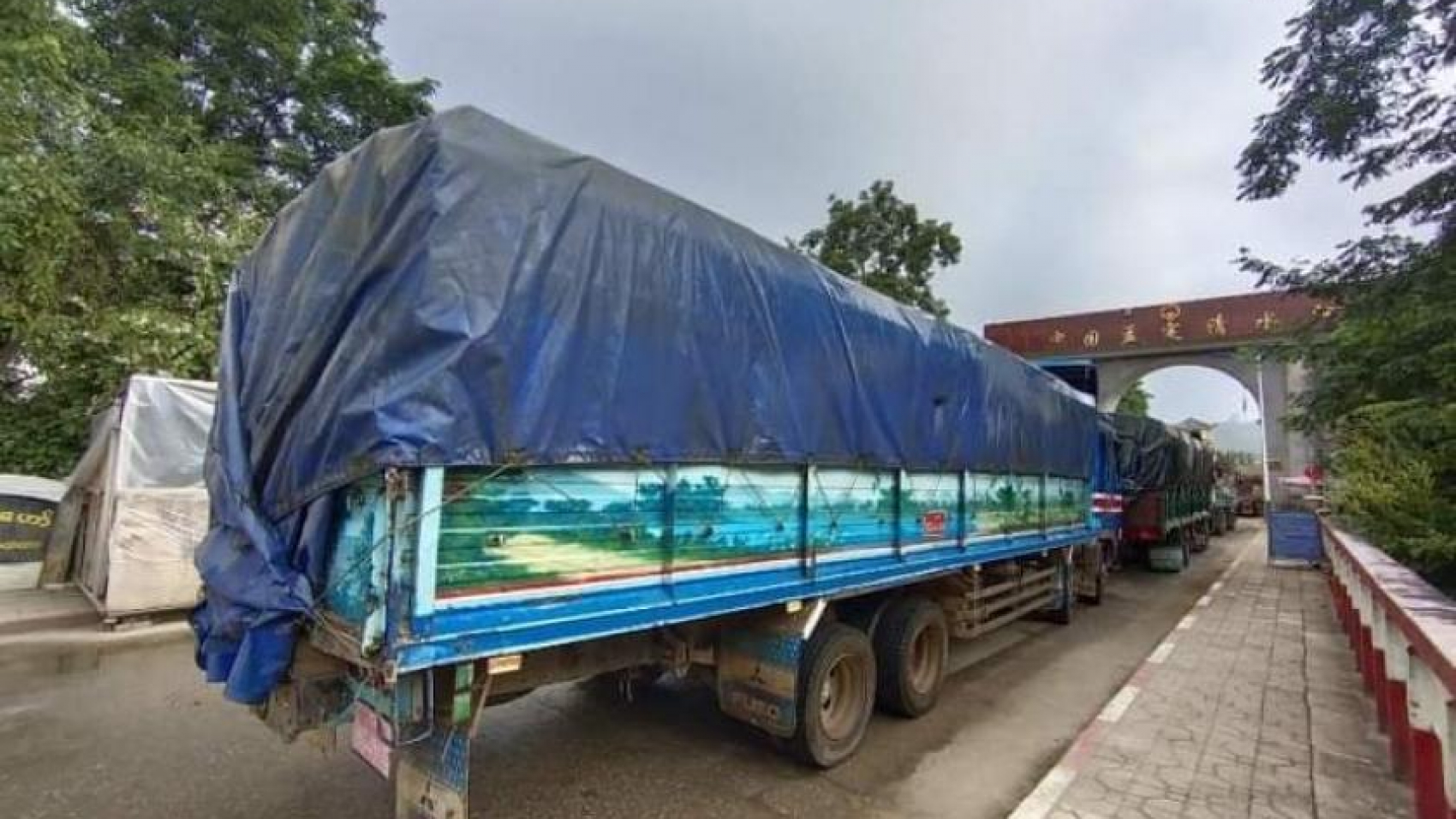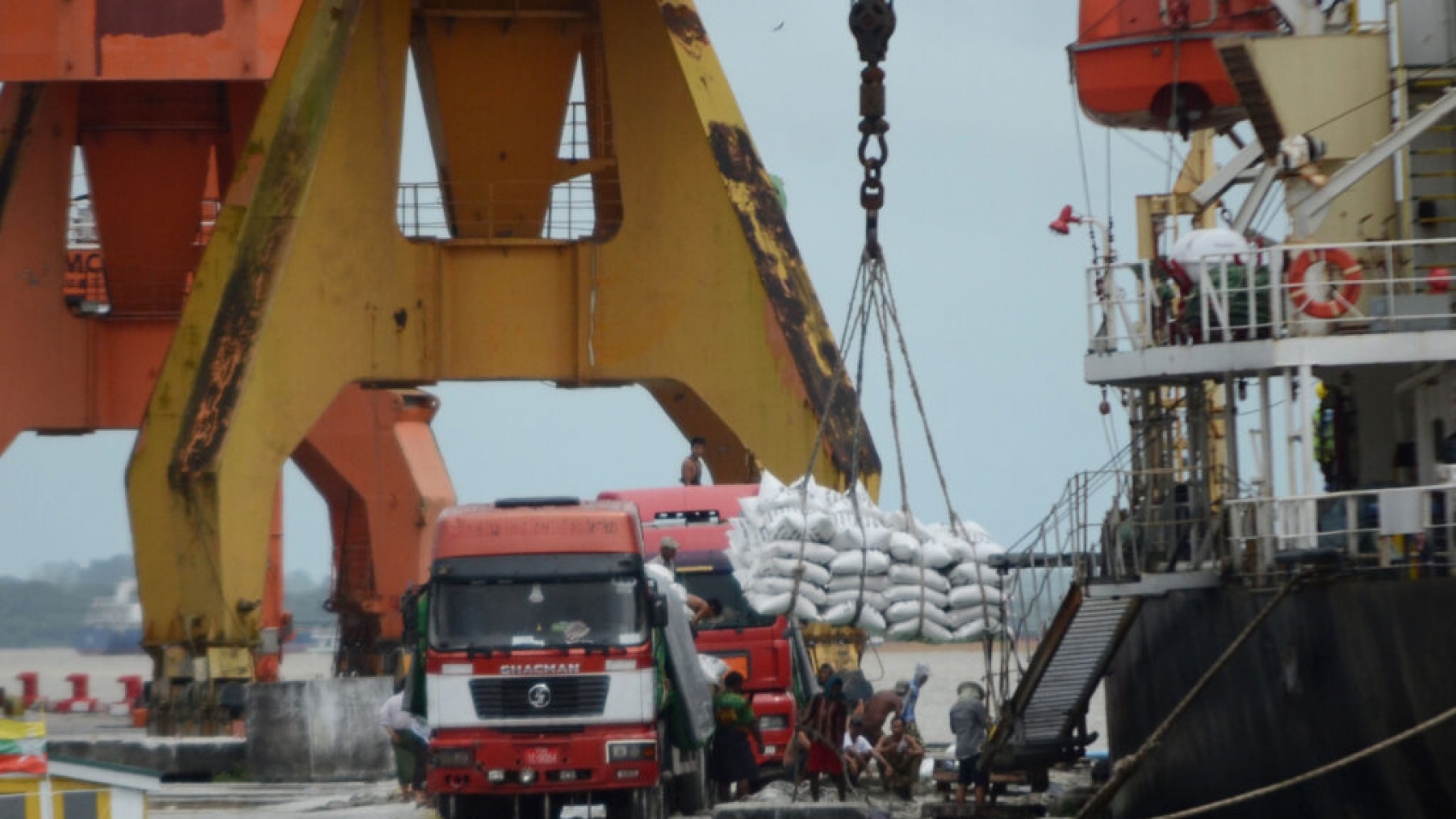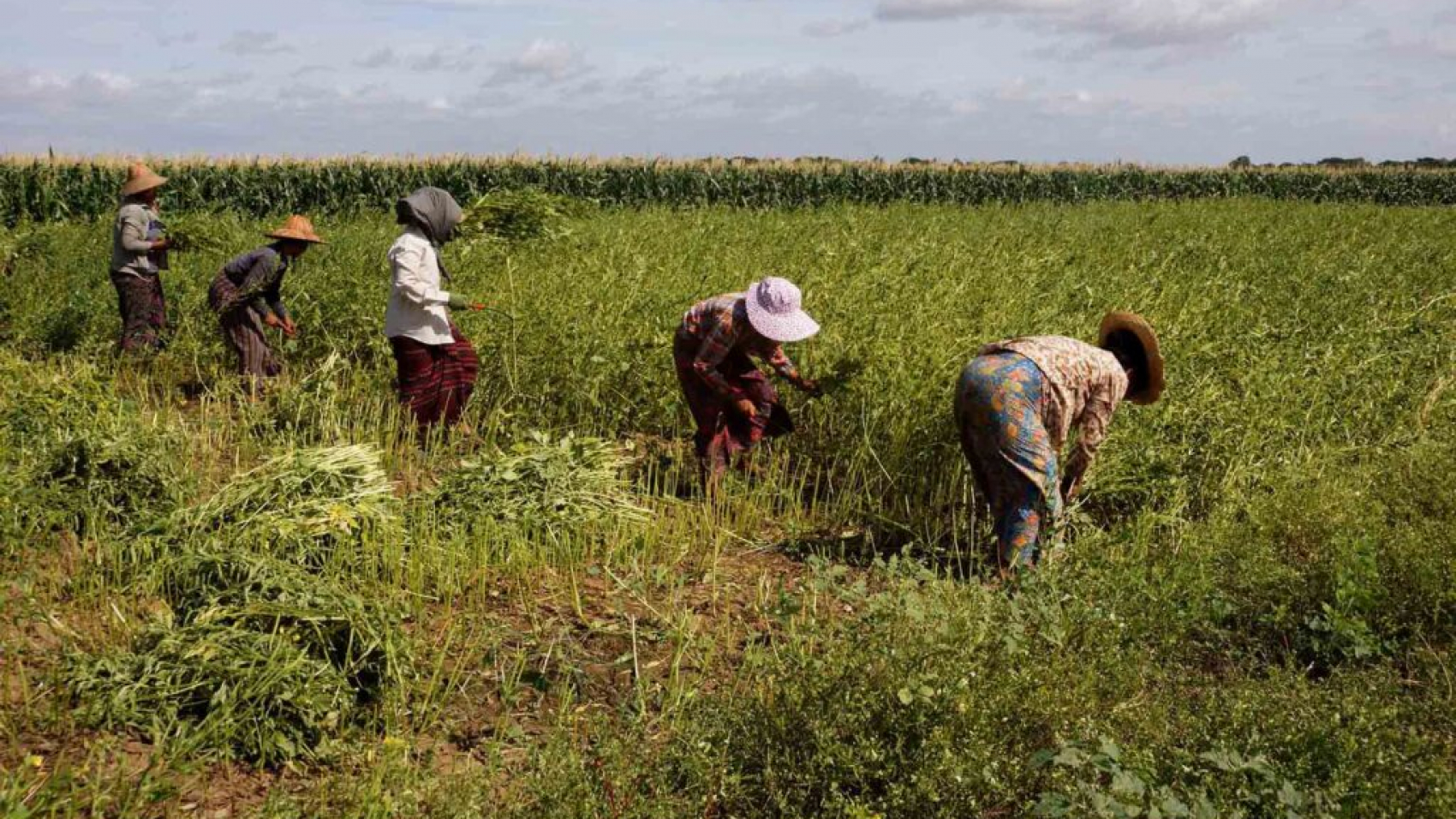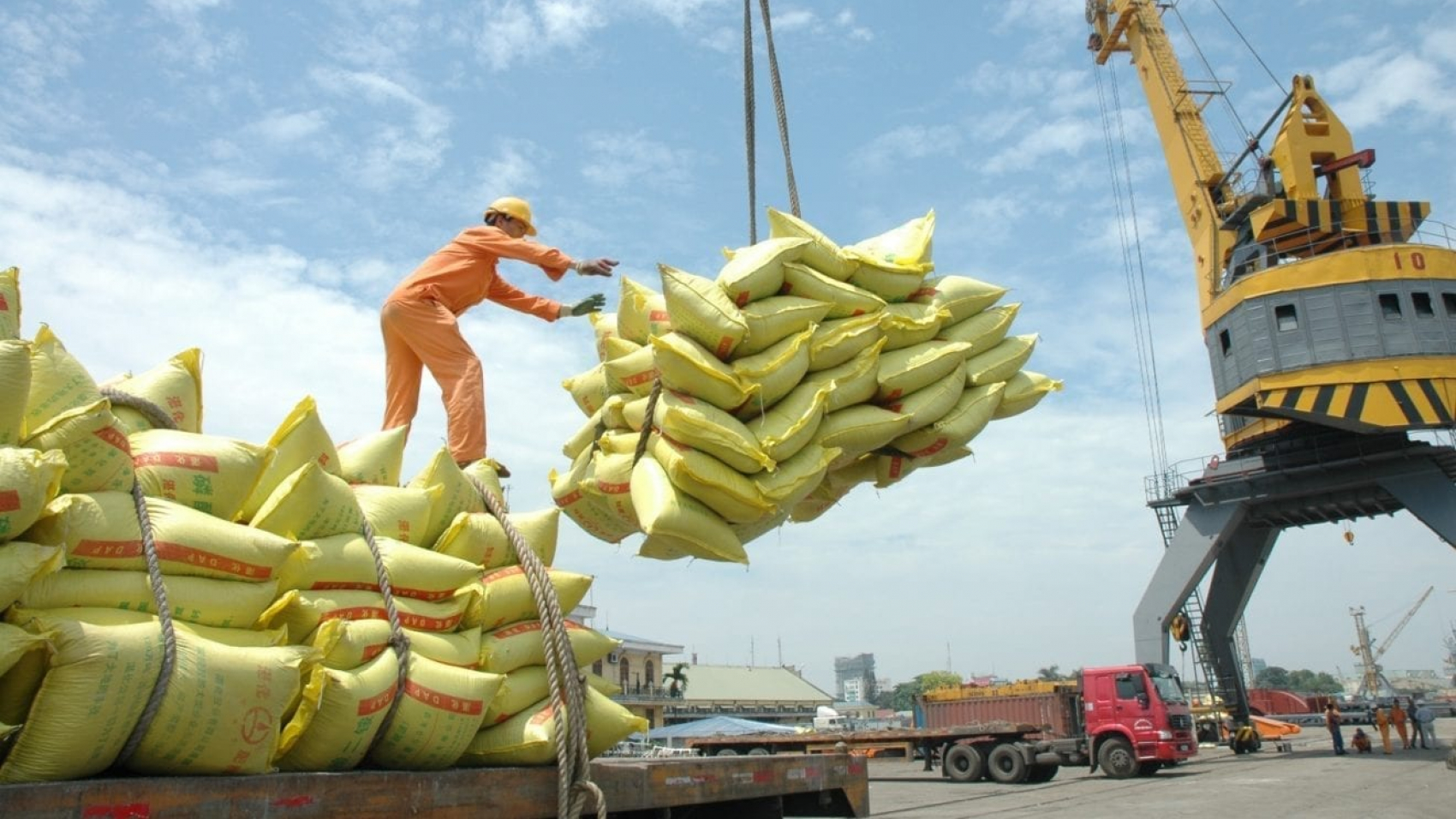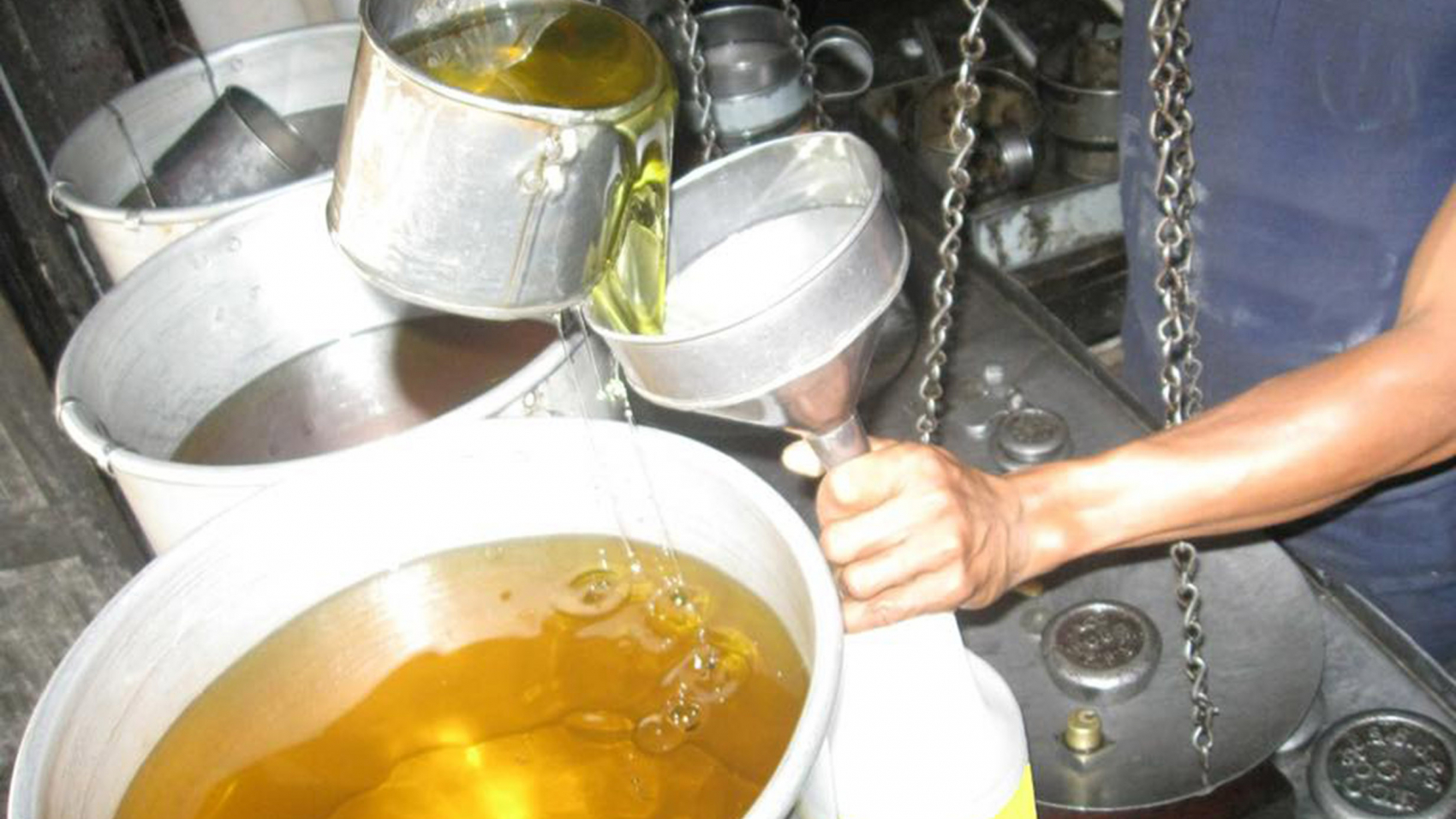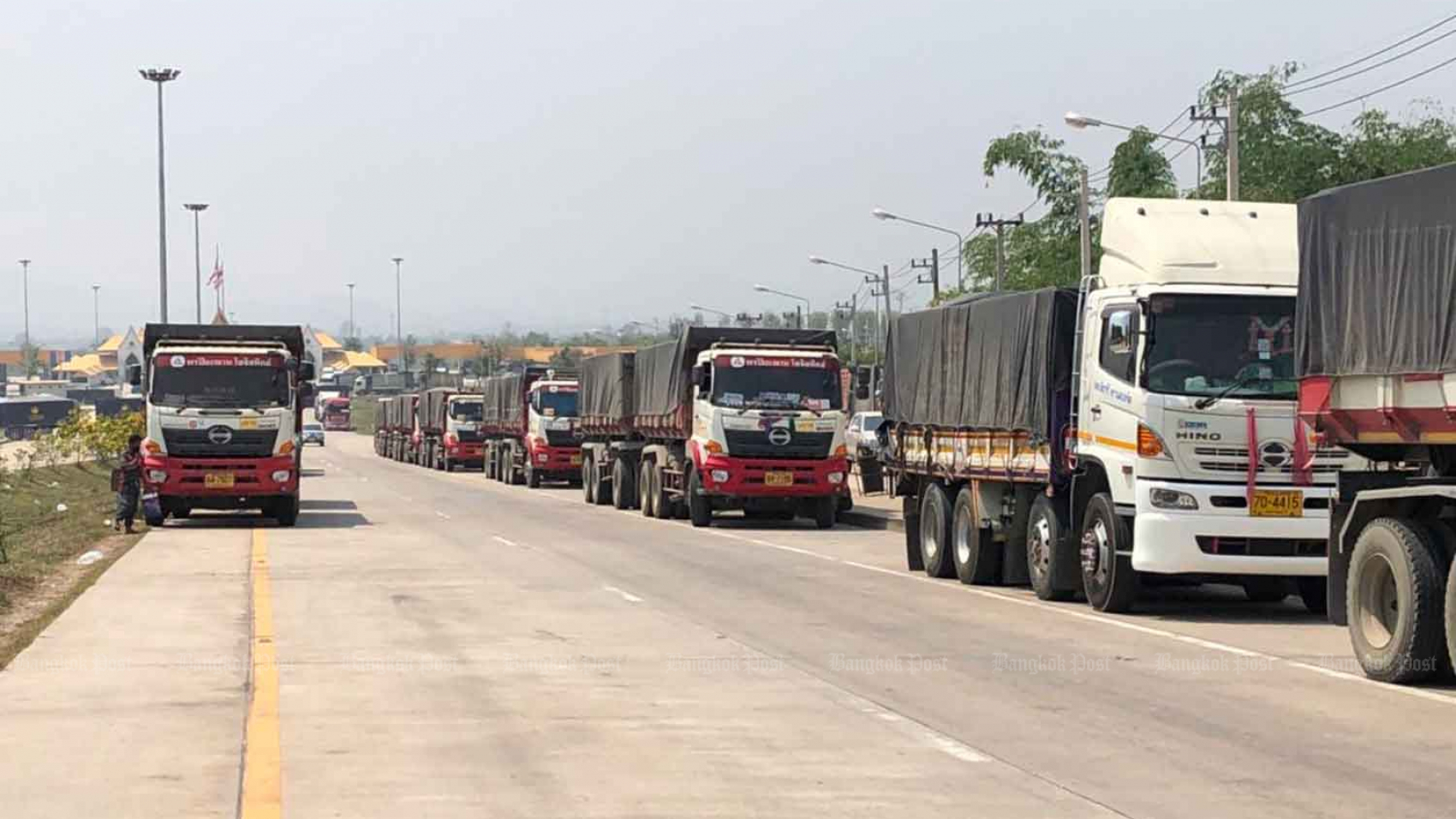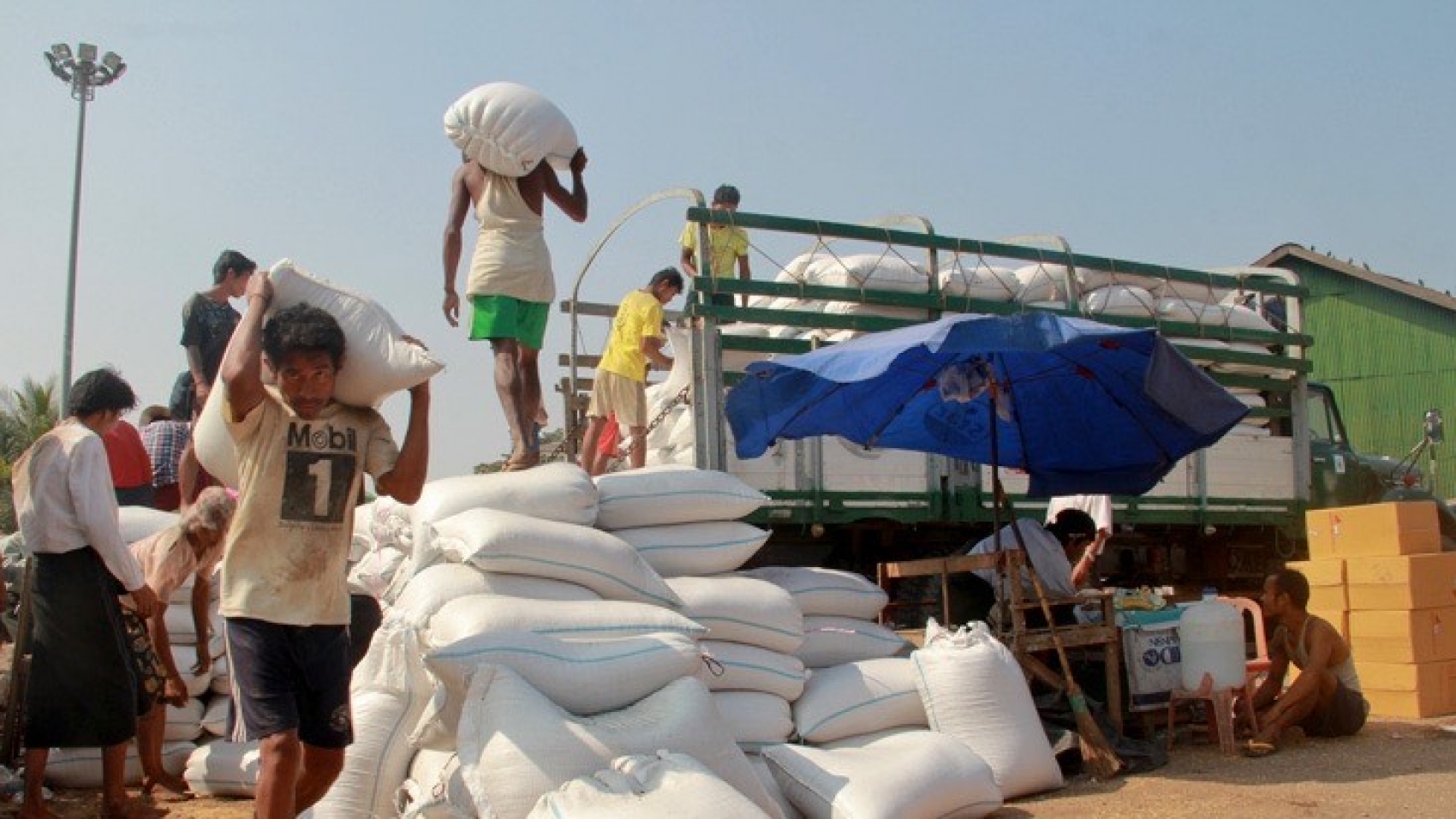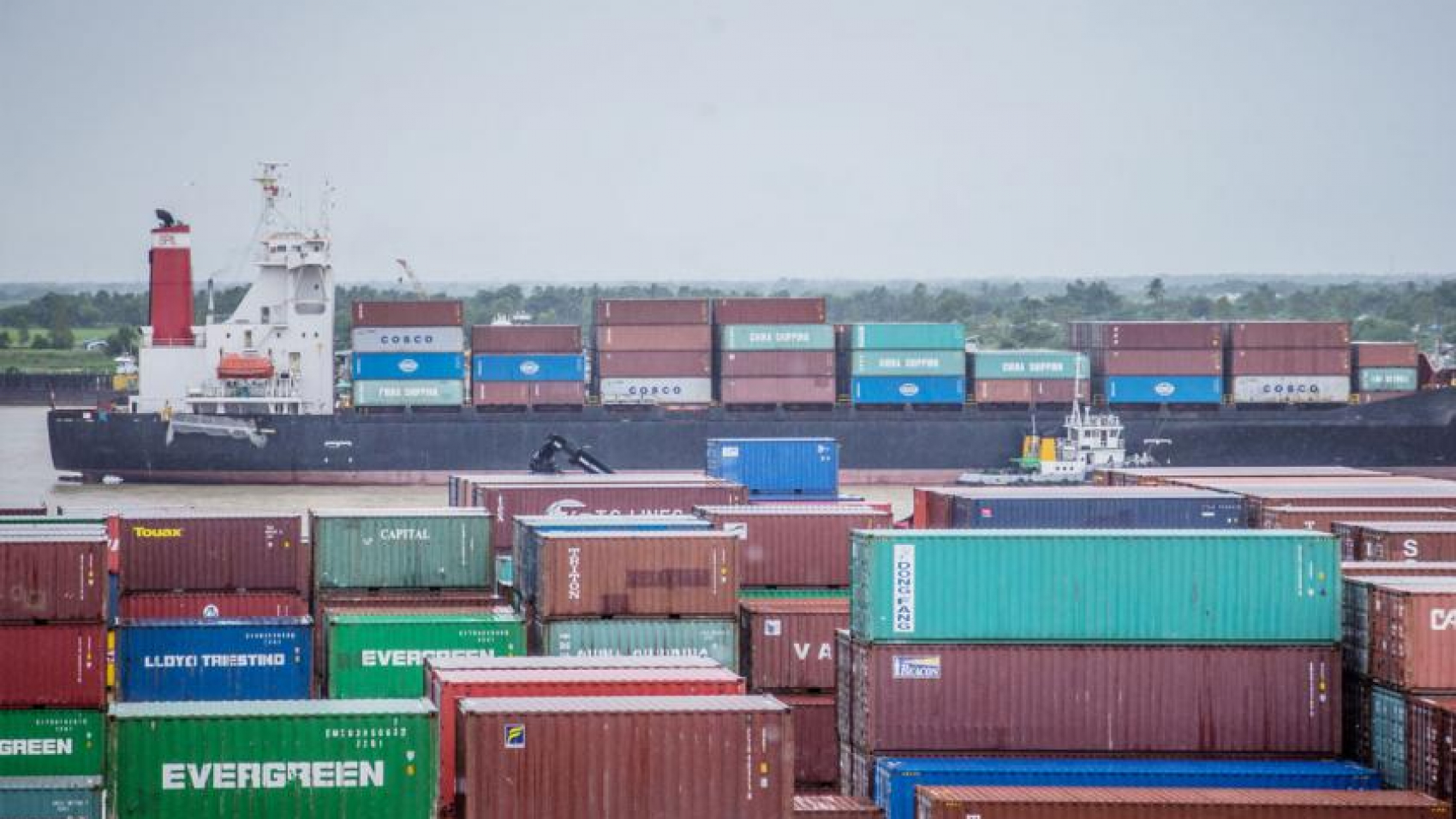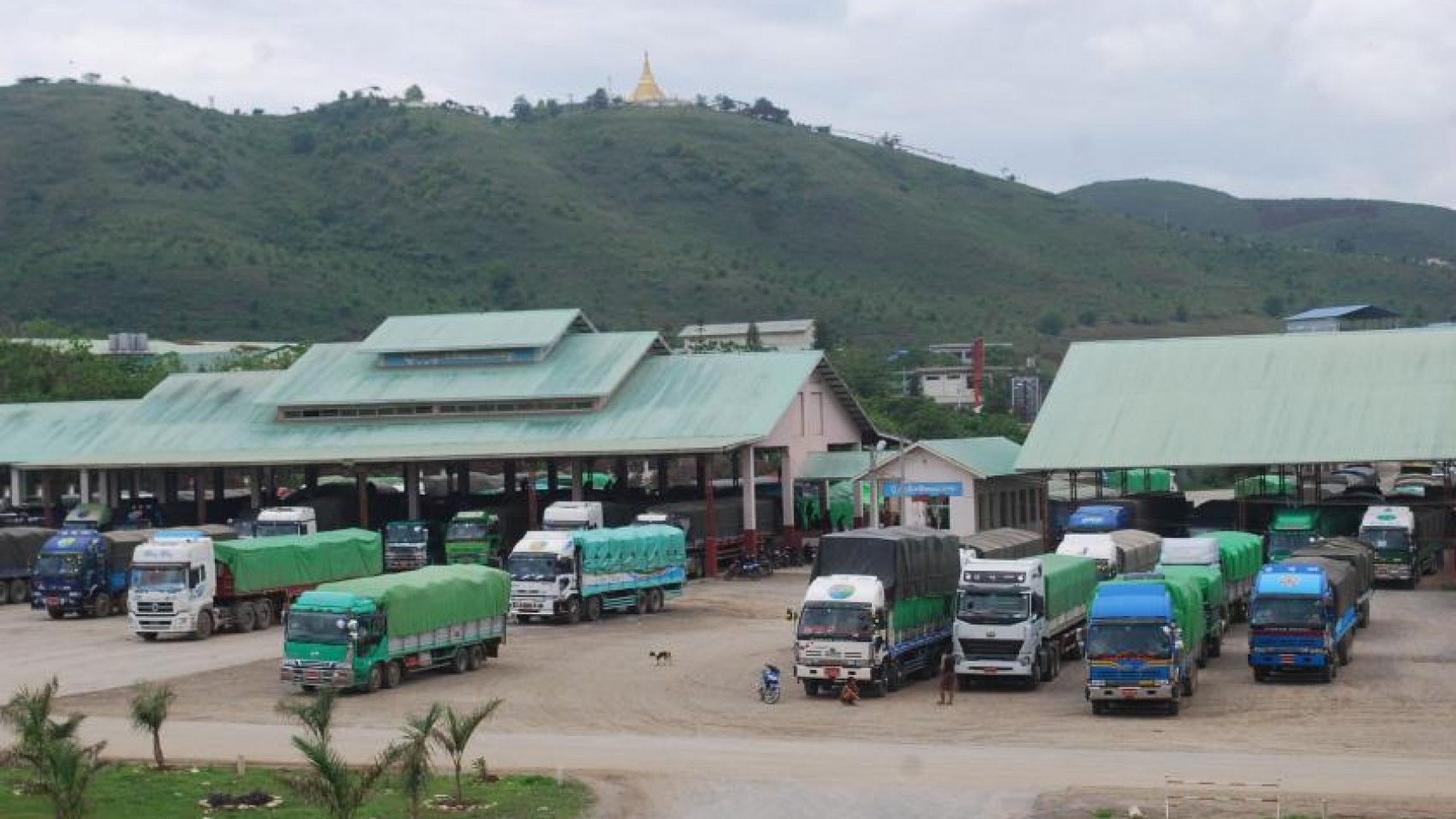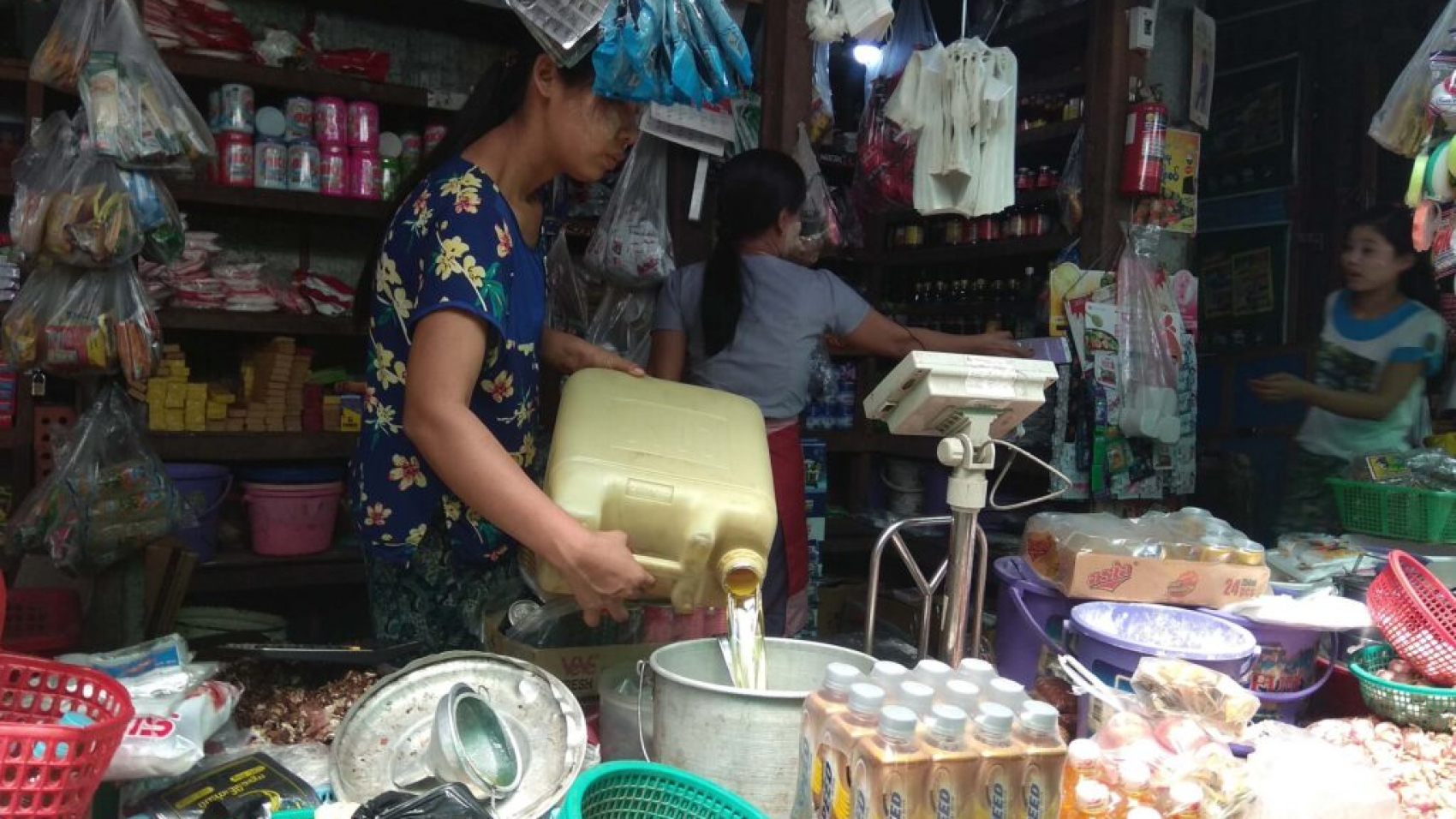The Yunnan provincial government launched the China-Myanmar new freight transport model with
one bill of lading for 20 land border points, according to the statement released by the Chinese Embassy in Myanmar. Starting on 3 November, the first-ever bill of lading (BL) endorsement with BL financing of the China-Myanmar multimodal joint transport project was held at the Bank of China (Kunming branch). This trading system was started on China-Laos Railway.
For the second time, China-Myanmar cross-border trade flow, border crossing, the restriction measures of the pandemic, combined transport from road to rail, bonded zone area with tax incentives for import of raw materials for production of the finished goods and cargo withdrawal permit can be conducted altogether.
One bill of lading system for the combined transport can be used from rail to cross-border road access, covering 370 kilometres long roads and 850 kilometres long railway (totalling a1,220 kilometres long trip with 20 checkpoints). With this freight transport mode, the traders have to pass those stages; goods loading, monitoring, Chinese Customs and multimodal transport. The goods are to be loaded to the Lancang-Chinshwehaw border with road access and those goods are to be delivered to bonded zone area through a rail link at the Lancang railway station.
Source: The Global New Light of Myanmar

